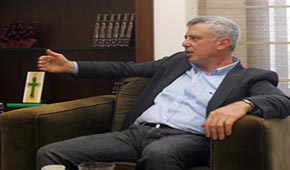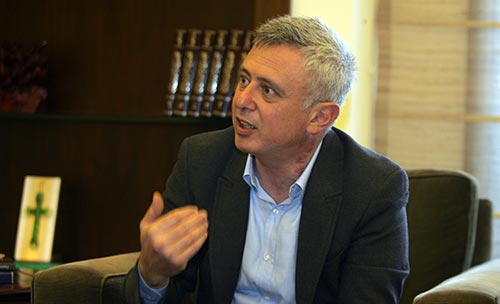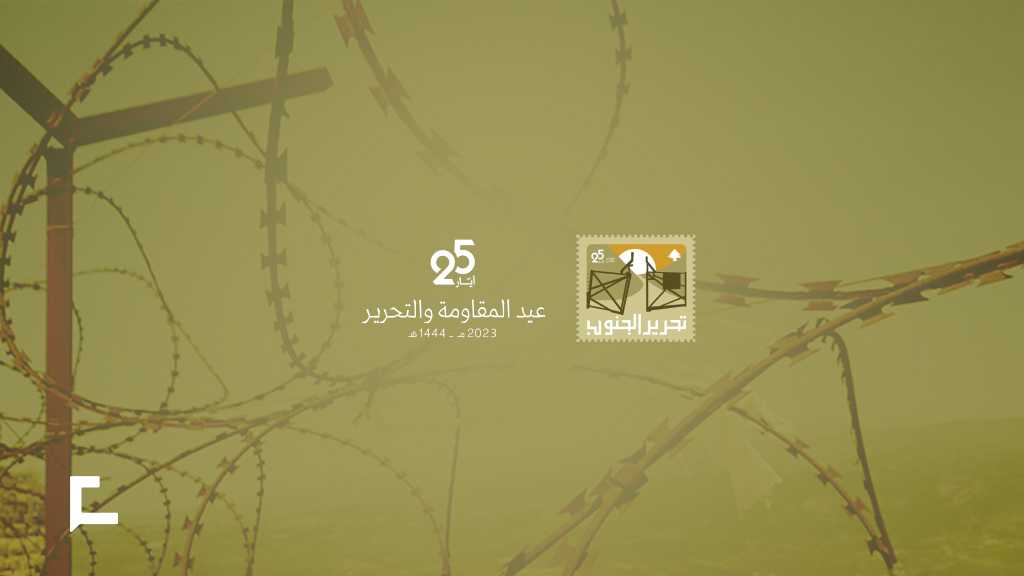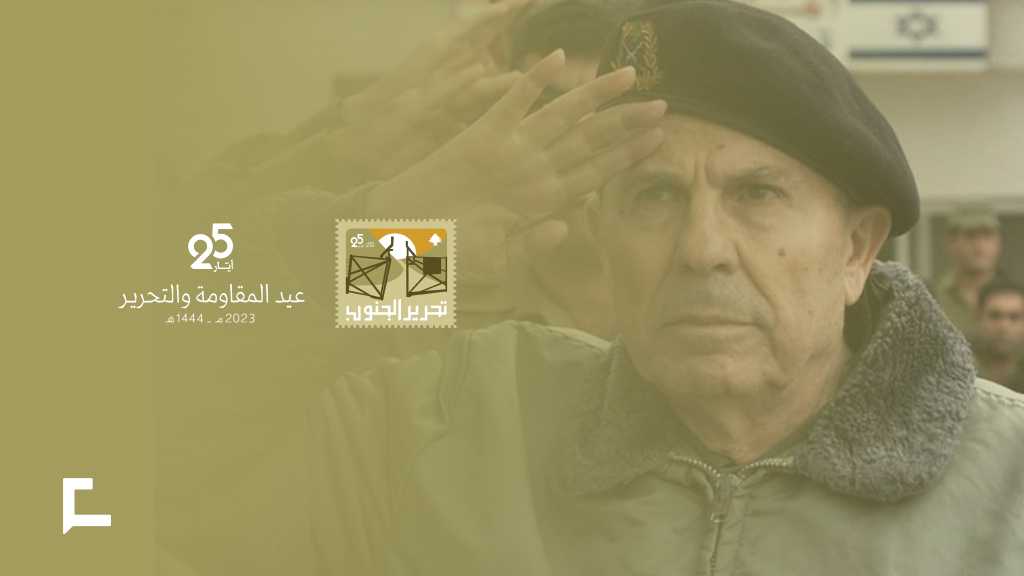Suleiman Frangieh to al-Ahed: Aggression on Syria Aims at Striking the Resistance Axis

Maysaa Mokaddem
In an exclusive interview with al-Ahed News website, Head of the Lebanese Marada Movement Suleiman Frangieh tackled the latest development of events in Lebanon and the region:

Q: On this day 13 years ago, what was your personal reaction to the day of liberation?
I recall I was in the agricultural ministry back then, and when the news reported that "Israel" withdrew from Lebanon, there was sort of vagueness to the news and there were intense raids. If it weren't for the resistance, "Israel" would not have withdrawn from Lebanon, and if we depended on diplomatic resistance, we would not have gained anything. Some were joyous in 2000 for this victory, and some were thrilled because they believed they can snatch away the resistance's cards, under the pretext that its role was over.
Q: As a Christian leader, you consider Liberation Day a celebration, although unfortunately in Lebanon, it is considered as an occasion only to some groups. What led you to consider it so?
Any Christian or Muslim who believes that all of Lebanon is his own, will consequently consider Liberation as a celebration. We believe that every piece of land in Lebanon is ours, and we own it like every other citizen.
Q: Liberation Day of the year 2013 has arrived, and campaigns on the resistance are at its peak. Do you have any concerns regarding the resistance's strength and ability to endure?
I never had any concern regarding the resistance's strength against "Israel", but I fear for the resistance from certain parties in Lebanon. I believe the resistance has only one goal, namely defending Lebanon against the "Israeli" expansion scheme. Doesn't the aggression on Syria aim at striking the resistance? Isn't the US request to overthrow President Assad in "Israel's" favor?
Q: If the enemy came from behind, how should the resistance act? Should it only focus on the border?
The source of danger in striking the resistance will always be from "Israel" and its agents, whether in Lebanon or in the Arab world.
Q: You noted from the beginning that targeting Syria is an attempt to strike the resistance axis. In your opinion, two years on the Syrian crisis, have the balance of forces tipped to the resistance axis' favor?
Countries today join forces against Bashar al-Assad more than those who joined forces against Hitler. On the other hand, there are friends who stood with Syria, including Russia, Iran, China and the BRICS, which balanced global forces. Everyone bid that the regime could not last a month, but it lasted for two years, and events have become in Bashar al-Assad's favor.
Q: You are among the few in Lebanon who directly contact the Syrian leadership. What are the latest developments in the Syrian battlefield?
The whole world admitted that the regime is advancing. Although the battle is taking its time, but the whole world admitted that the battle is in the regime's interest.

Q: Does the Syrian President believe that there are tangible chances of a peaceful solution in Syria through the Geneva conference?
President al-Assad always advocated peaceful solutions and dialogue, but dialogue cannot occur with those who participated in bloodshed. President al-Assad is ready for dialogue with the opposition that can control its members in case an agreement was reached.
Q: You were convinced that the regime will not fall. What supports your conviction?
An objective analysis of events. The Syrian regime is not the Egyptian regime. The Syrian Army does not have an ideology, and did not receive their training from the US like the Egyptian Army. I believe that Assad is not like Husni Mobarak, or Zein al-Abedine Ben Ali; he is a loved person by his Army and people, and has real friends.
Q: After the Zionist assaults on Syria and the reactions of Syria and its allies, is there any fear of an all-inclusive war in the region?
When "Israel" sees that the regime in Syria is still strong, it fears for its future. It is in "Israel's" direct interest to be a bystander in the war on Syria, but when "Israel" threatens to declare a war on Syria, that means that it is directly and essentially concerned to what is happening in Syria and is an accomplice in the war against it.
Q: Will the axis opposing the Syrian regime yield to the Syrian Army's achievements in the battlefield?
I believe that it is not easy to hit the Syrian regime anymore. When "Israel" attacked Syria, what happened? Syria received S-300 strategic missiles.
Q: It has become clear that Lebanon has become in the center of the Syrian equation. In your opinion, what is the political role in Tripoli's events, especially after the direct targeting of the Lebanese Army?
I don't believe that people in Jabal Mohsen provoked anyone, but they are always a target to the people who aim at sowing strife.
Q: Who is the party that arms the armed groups [in Tripoli]?
People always said that the armed groups were being armed by the Internal Security Forces (ISF). In Wikileaks, Samir Geagea apparently told the US Embassy, "Ashraf Rifi gave us weapons but it is not enough." We had said that Rifi armed these groups, and he himself had declared it.
The leaders in the Bab al-Tabbaneh-Jabal Mohsen axes only take orders from some politicians, and do not listen to moderate politicians. Events in Tripoli are a reaction to Syria's events, and the regional ambiance will determine Tripoli's fate.
Source: Al-Ahed News




